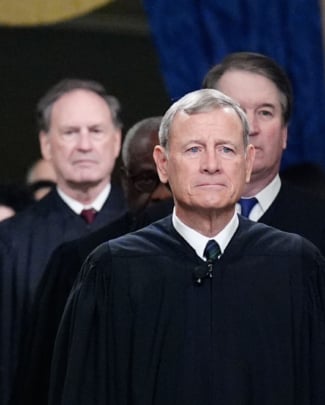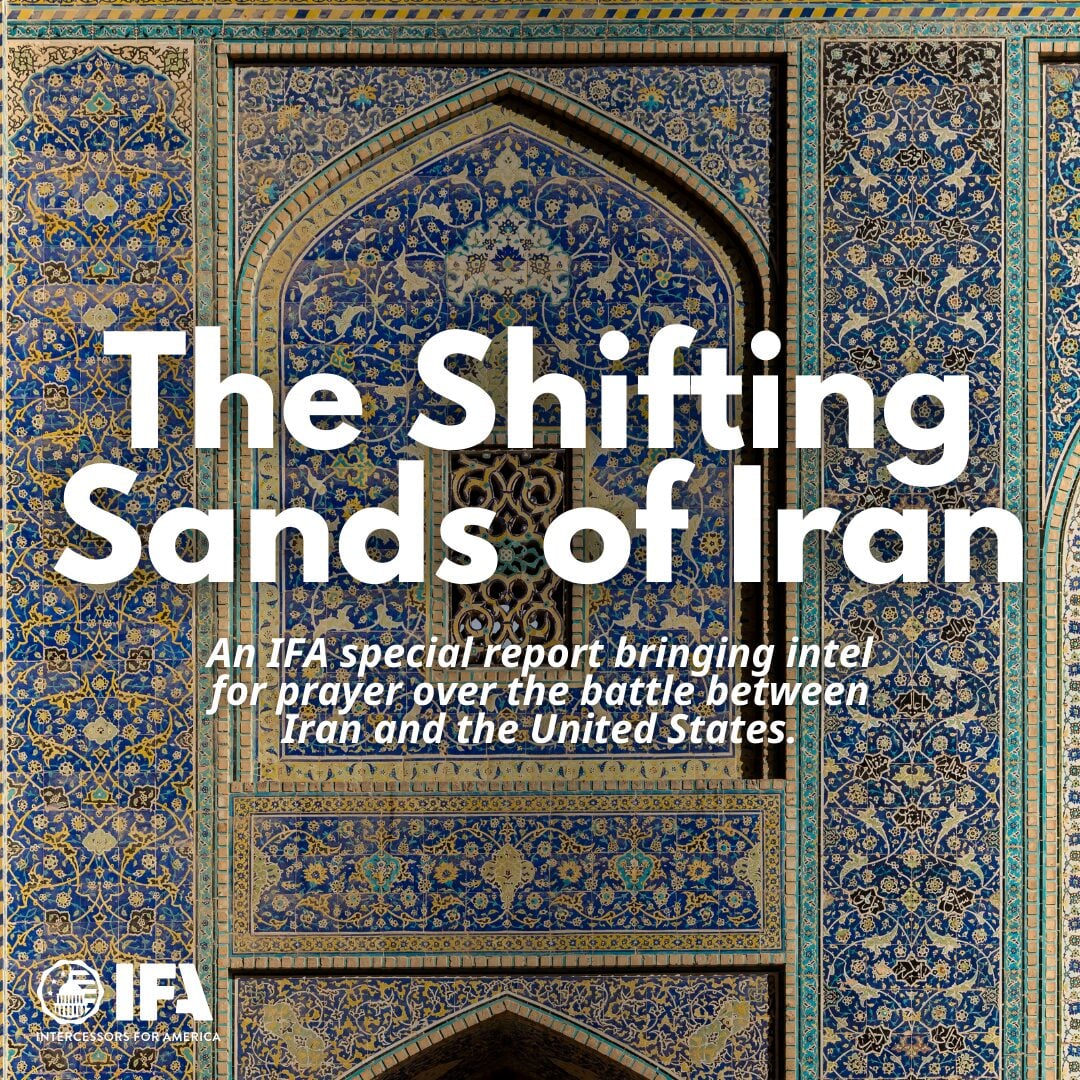WHO WILL WIN THE “RELIGIOUS MIDDLE”?
EU PLANS TO LABEL ISRAELI PRODUCTS WITH A WARNING, REMINISCENT OF NAZI ERA
ANSWERED PRAYER: BIBLE CLASSES ADDED TO PUBLIC SCHOOL- FIND OUT WHERE!
WE KILLED GOD, FAMILY, AND COMMUNITY–AND NOW IT’S KILLING US
PRESIDENT COMFORTS SHOOTING SURVIVORS
WHO WILL WIN THE “RELIGIOUS MIDDLE”?
[The religious left has been courted and groomed by the programs funded by George Soros. Often called the Justice and Mercy crowd, these voters are solidly in the pocket of the left–they have no qualms about promoting abortion, LGBT promotion in schools and courthouses, giving up religious freedom to keep things looking “tolerant,” and they are not sure that Israel has been kind to those who call themselves Palestinian. These values and stances, without the intervention of God, are unlikely to change.
The so-called religious right is solidly behind the biblical values that line up with much of the GOP platform- the sanctity of life, traditional families, protecting religious freedom and honoring Israel. Despite the reluctance of some who are disturbed by President Trump’s persona, many will still vote with their party and for these values.
In looking for more votes from those who go on record as being a person of faith, there is a new category that is being courted–the religious “middle.” A largely “unclaimed” group of religious Americans of those who call themselves religious but don’t affiliate with either right or left politics. There is a big push to appeal to those “unclaimed” voters. And leftist funders such as George Soros, and groups on the left are hoping to snag them. The rest of this article is from the perspective of the left–excerpted from an NPR article. Keep that in mind as you read–their hopes and goals do not reflect the hopes and goals of biblical-values voters. It DOES, however, give you an insight as to the thoughts and plans behind the “religious left.”]
Exit polls from the 2016 presidential election suggest that only 1 of 6 white evangelical voters supported Hillary Clinton. It was the worst such performance of any recent Democratic nominee.
“She never asked for their votes,” says Michael Wear, who directed religious outreach efforts for Barack Obama’s successful reelection campaign in 2012.
Democrats this year are making a more determined effort to reach voters whose political preferences are driven in part by their religious faith. Two presidential candidates — Sen. Cory Booker and Mayor Pete Buttigieg — are recruiting faith advisers to help in their campaigns, and the Democratic National Committee has hired a new “faith engagement” director, the Rev. Derrick Harkins.
“We’re having these conversations in the summer of 2019 as opposed to the fall of 2020, because it helps faith leaders understand that we’re serious about this,” says Harkins, formerly senior pastor at the historically black Nineteenth Street Baptist Church in Washington, D.C. “We’re not scrambling at the last minute to try to cultivate relationships that will get us over the finish line.”
The new efforts have Democrats hopeful they can mobilize a religious left to counter the religious right, long a bedrock Republican constituency. Less clear is whether the outreach will resonate with those voters who make up the religious middle.
Among them is child advocate Kelly Rosati, a Colorado-based evangelical activist who promotes adoption, foster parenting and orphan care. Rosati abandoned the Republican Party after concluding it was insufficiently compassionate, but neither does she identify as a Democrat, largely because of the party’s stance on abortion issues.
“I feel incredibly discouraged,” she says. “I am extremely disappointed at how far the Democratic candidates have come from ‘safe, legal, and rare’ and [their] position on government funding of abortion and late-term abortion. At the same time, I have the exact same feeling when I look at those in the Republican Party who seem to have a similar callousness as it relates to immigrant children or people without access to health care.”
Rosati is not alone. Among Christians, many Catholics and mainline Protestants see themselves as neither liberal nor conservative. Wear, who identifies as an evangelical and works now as a political consultant, sees the religious middle as fertile ground for his fellow Democrats, if they approach it carefully.
“There are large numbers of faith voters who are looking for bolder approaches on voting rights, on immigration, on pro-family policies,” he says. “I do think there’s a cohort of swing voters who are religious who Democrats risk losing with their move to the left on abortion.”
Wear, who has not yet aligned with a Democratic candidate in this election cycle, was not impressed with Gillibrand’s comments [about faith recently].
“That’s a fast track to losing an election that should be almost unlosable,” he says. Wear advises Democratic candidates to follow the example of Barack Obama in their outreach to religious voters, a story he relates in his book Reclaiming Hope. He says such an effort can be successful even without abandoning core progressive principles.
“We met them where they were,” he says. “There were voters who knew that Barack Obama was pro-choice, who knew that he supported same-sex marriage, but thought that he was a good guy who wasn’t out to get them [and] that he understood the concerns that those who disagreed with him might have.”
Such an approach is endorsed as well by Sen. Chris Coons of Delaware, one of those in the Democratic Party who argues it should work harder to connect with faith voters.
Coons says: “I don’t think the average voter looks at a scorecard of where a candidate stands on issue A and issue B and issue C as much as they listen and watch and say, ‘Do I like him? Do I believe her? Do I connect with them? Would they be a good leader? Would I feel safe with that person running our country?'”
The answers to such questions come with the “gut feeling” a voter gets from a candidate, Coons says.
[This certainly is not the approach of the conservative biblical-values voters, who are VERY interested in where a candidate stands on the issues, or to those on the left who also have certain issues of importance that fall in line with their push for social justice, but perhaps to the “religious middle”, who haven’t gravitated to either side, perhaps it IS more of a likability issue. Whatever the reason that these voters have chosen to find a place in the middle, they certainly will feel the candidates reaching out to court them even more than ever in 2020.]
(From NPR and IFA Staff)
Partner with Us
Intercessors for America is the trusted resource for millions of people across the United States committed to praying for our nation. If you have benefited from IFA's resources and community, please consider joining us as a monthly support partner. As a 501(c)3 organization, it's through your support that all this possible.


We use cookies to ensure that we give you the best experience on our website. If you continue to use this site we will assume that you are happy with it. Privacy Policy




Comments
I viewed a new release on NetFlex that is portraying followers of Jesus in Washington DC as a Secret Society and we need to pray against the damage this will cause in our nation IF people or media pick it up against Christianity.
May the Lord spew them out of His mouth that refuse to take a stand for righteousness!
Amen
Father, Your Word makes clear where You align on all areas of these anti social ‘social’ issues. Lord, may those who feel they are in the middle be willing to read Your Word daily, with pure motive of desiring to do Your will, for seeing You their Creator as the only untreated being, and may they be willing g to serve You alone, to fear God, and live a life worthy of being an heir to Your kingdom. Father, may they see their biases, emotional opinions of being exactly what Jesus referred to as lukewarm. You have given us warning, You are shaking this Earth, seeking to get our attention, may we serve with zealousness, declare Your Word alone not man made opinions of Your Word to those who hear, let them hear. For Your glory and our good, may we again be one nation under God!
Amen